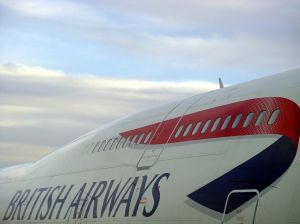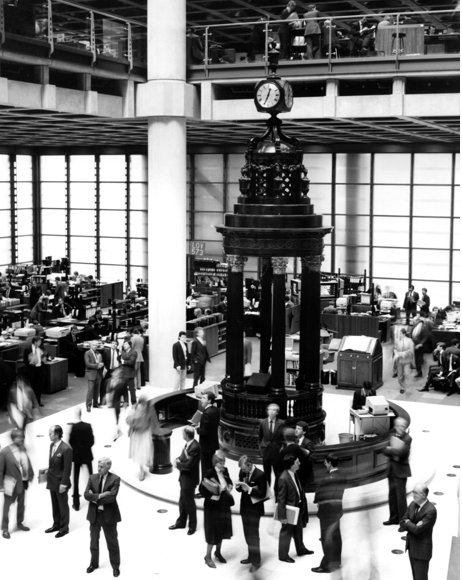
AIRLINE MERGER MANIA
This week in the news, it’s merger mania. Delta Air Lines is talking about going to the dance with either United or Northwest. The board gave the companies the green light to at least start the discussions. There are huge integration issues with this.
My position is that it’s never a good idea for us. It’s a great idea for the shareholders of these companies and the companies themselves, but consumers generally do not benefit from mergers.
CRASH LANDING AT HEATHROW

Another major item in news is the British Airlines flight that was traveling from Beijing to London. The 777 made a very hard landing at Heathrow; so hard in fact that the struts of the plane went through the wings and the plane collapsed on the ground. Miraculously, nobody was killed—just a few minor injuries.
It’s a bizarre story because, according to the pilots, on their approach, neither of their engines responded. They had no thrust, they had no power. So they literally made, apparently, a completely powerless landing (which gives you an idea of the glide slope of a 777 with no engines).
There’s a little-known machine on a number of Boeing planes called the RAT. It stands for a ram air turbine. In the extremely unlikely event that you lose power on both engines—which means that you not only lose power from the engines, but also the APU (auxiliary power unit) which is the generator—this little system drops down from the back of the plane. It’s essentially a sizeable fan that generates enough electricity to give the pilots enough power to operate the flaps, the ailerons, the slats, and the landing gear. So they did get the landing gear down based on the fact that this RAT gave them enough power. But they landed with no engine power. It is a total miracle that no one was killed.
These post-accident investigations can take up to a year, and the pilots right now are being hailed as heroes. But the likelihood of a modern jet losing both engines when it’s not due to human error is unlikely.
On this flight, you’re flying east to west, which means you’re going into serious head winds this time of year, on a really long-haul flight. The question is did they have enough fuel on board? Did they calculate their fuel properly to sustain not just the flight, but any kind of delays or unanticipated head winds?
These days, there’s really no such thing as unanticipated head winds, in most cases. They already know their flight plans and weather projections. They load their fuel based not just on the weight, but also on the weather. So it will be very interesting to see what happens.
 The folks at Lloyd’s of London were a little busy last week, since they insure these planes. There’s a bell in the lobby of Lloyd’s of London, called the Lutine Bell. It came off a ship that sank, and the tradition at Lloyd’s is that anytime there’s a significant loss, where they have to cough up the money, someone goes down and rings the bell.
The folks at Lloyd’s of London were a little busy last week, since they insure these planes. There’s a bell in the lobby of Lloyd’s of London, called the Lutine Bell. It came off a ship that sank, and the tradition at Lloyd’s is that anytime there’s a significant loss, where they have to cough up the money, someone goes down and rings the bell.
Well, when the struts go through the wings, that plane is a complete write-off. This is not a good way to start the year when you have to come up with about $150 million to cover the loss of a relatively new, wide-bodied 777.
It really is a fascinating story when you think about engine reliability, and how many flights there are every day in the world where these things don’t happen. How many times have you run out of fuel in your life?
A whole lot more than British Airways ever did, or would. If it’s not a simple situation of fuel starvation and bad planning on the part of the crew, then we’ve got some systemic problems we have to look at. What would cause a state-of-the-art plane to suddenly lose power in both engines?
If it’s not human error, then we have a fleet-wide problem, and boy that’s going to get nasty. I guarantee the investigators are pulling apart everything they can. They have a lot to work with because the plane survived, not well, but it survived the crash landing. That’s the bottom line, and we’ll stay on top of that story.
Read more from Peter’s Travel Detective Files.
Or learn more about Peter Greenberg Worldwide Radio.












